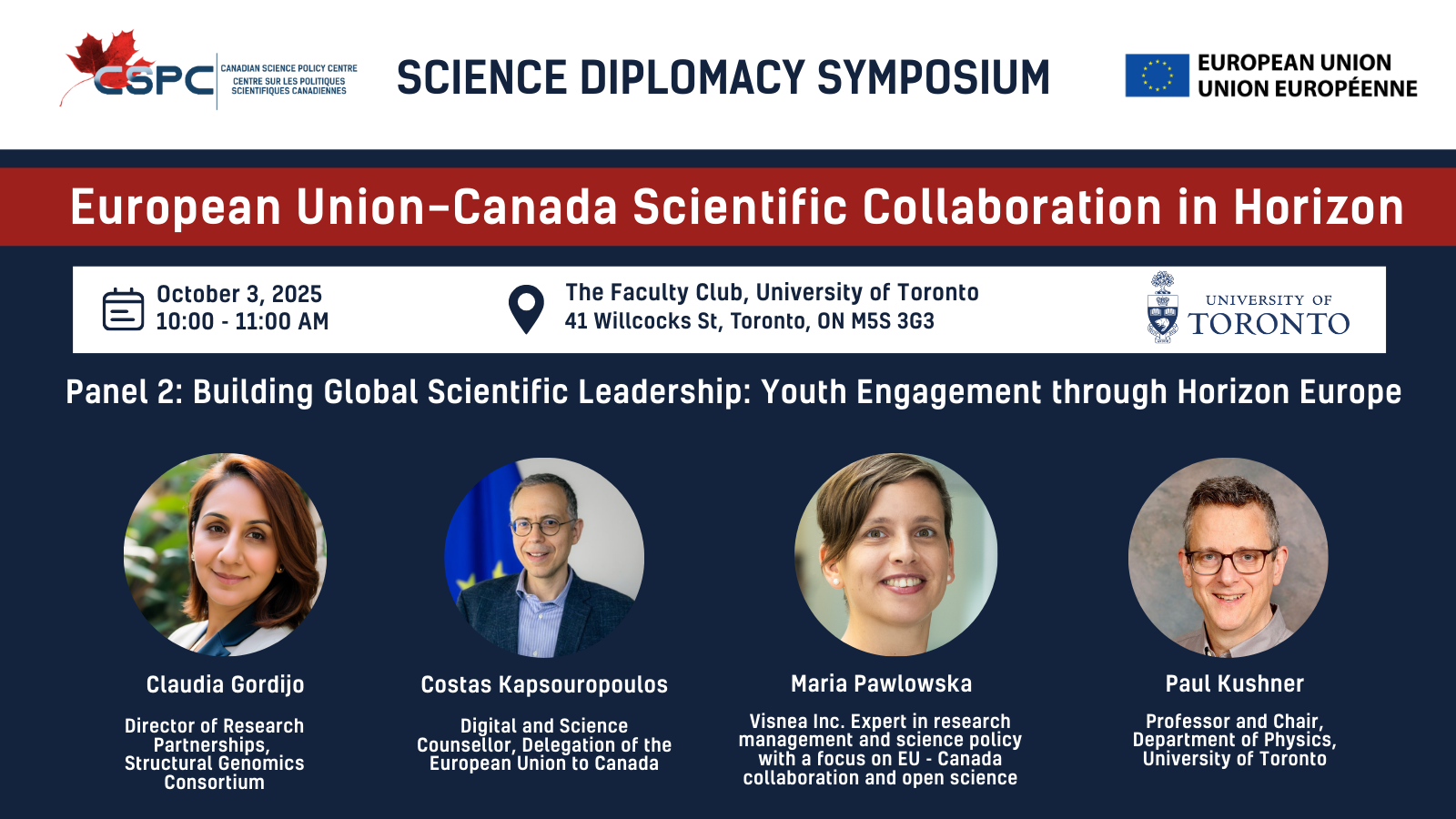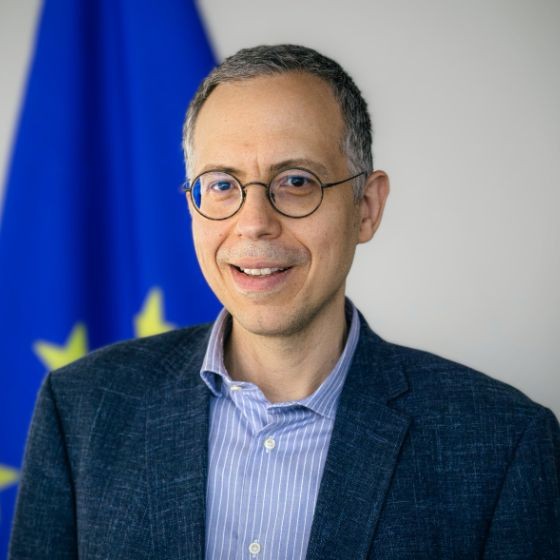





Dr Maria Pawlowska is an expert in research management and science policy with a focus on EU – Canada collaboration and open science. She brings to her work over a decade of direct experience with EU funding, including work in Brussels committees. She is also involved in supporting the international move towards open science.
Since 2012, Maria has been assisting with EU projects at all levels, including developing guidelines in Brussels, evaluation, and assistance with submissions (including multiple ERC Advanced grants and large consortia grants). She has collaborated with European governments and non-governmental organizations, as well as Fortune200 companies. Working with EU and national funders Maria has helped establish over a dozen new centers of excellence (in collaboration with institutions such as Oxford University and CNRS), and was also a member of the Science Europe working group that authored the “Practical Guide to the International Alignment of Research Data Management”. Maria has shared her expertise at meetings organized by the United Nations, the European Commission and the EU Delegation to Canada, among others and is a member of a number of international advisory committees.
Since 2021 Maria has been living in Nova Scotia, Canada.

Claudia Gordijo is Director of Research Partnerships at the Structural Genomics Consortium (SGC), a global public–private partnership that pioneers open science in drug discovery, and Associate Director of Strategic Initiatives and Partnerships at the Temerty Faculty of Medicine, University of Toronto. She is a research strategist with over a decade of experience leading global collaborations that bridge academia, industry, government, and foundations.
At SGC, Claudia has played a leadership role in Target 2035, an international partnership that brings together scientists, governments, and industry to open new frontiers in drug discovery by creating shared tools and data for every human protein. She has also supported the development of a major international consortium under Horizon Europe’s Innovative Health Initiative (IHI) as part of Target 2035’s efforts, and is currently building a new training umbrella under Target 2035 in partnership with Mitacs Canada to expand opportunities for students and trainees through cross-sector, international collaboration. In addition, she has contributed to the creation of major open-science initiatives including CACHE Challenges and Conscience, funded by Canada’s Strategic Innovation Fund.
Claudia holds a PhD in Chemistry from the University of São Paulo and completed postdoctoral training in Pharmaceutical Sciences at the University of Toronto. She has published more than 20 scientific articles, including recent roadmaps for Target 2035 and CACHE in Nature Reviews Chemistry.

Paul Kushner is a Professor in the Department of Physics at the University of Toronto, where he serves as Department Chair. He is one of Canada’s leading climate and atmospheric scientists, whose research focuses on simulation and analysis of the globgal climate system. He has made important contributions to our understanding of the physics of the atmosphere’s circulation, Earth-System models for simulation of climate, analysis of cold-climate processes, and the impacts of climate change, including climate extremes. He has recently returned from leading a 10-week program in 2025 at the University of California, Santa Barbara’s Kavli Institue for Theoretical Physics, entitled the Physics of Changing Polar Climates. He also directs a national project called The Collaborative Platform for CanESM, which brings together university investigators to study climate using Environment and Climate Change Canada’s flagship climate model, CanESM. For today’s event he is representing Canda’s contribution to the European Horizon Project EXPECT, which deals with the causes and consequences of heat and precipitation extremes resulting from climate change.
All Events
Canadian Science Policy Centre
1595 16th Avenue, Suite 301
Richmond Hill, ON
L4B 3N9
E-mail:
[email protected]
Subscribe to the Canadian Science Policy Conference newsletter to keep up-to-date with the latest news, events and programs.
Innovation Policy refers to policies and public strategies, regulations, and initiatives aimed at promoting the development, diffusion, and application of new ideas, technologies, products, and services. It seeks to enhance capacity for innovation to drive economic growth, competitiveness, and social well-being. Innovation policy encompasses support for research and development (R&D), entrepreneurship and education, digital infrastructure, social innovation and collaboration between industry, academia, and government.
Science for Policy refers to the use of scientific knowledge, evidence, and expertise to inform and support decision-making in public policy. It involves translating complex scientific research into accessible insights that can guide the development, implementation, and evaluation of policies across various sectors, including (but not limited to) health, environment, technology, security, education, justice. Science for policy emphasizes evidence-based policymaking, where decisions are grounded in reliable data and research and knowledge rather than opinion or ideology.
Policy for Science refers to the set of governmental policies or institutional strategies, decisions, and frameworks that shape the funding, priorities, infrastructure, and governance of scientific research and development. It involves creating conditions that support scientific innovation, including investments in research institutions, training of scientists and development of science infrastructure, research integrity, EDIA, and international collaboration, ultimately aiming to strengthen the scientific enterprise to advance knowledge,economic development, and societal well-being.
Science for Policy refers to the use of scientific knowledge, evidence, and expertise to inform and support decision-making in public policy. It involves translating complex scientific research into accessible insights that can guide the development, implementation, and evaluation of policies across various sectors, including (but not limited to) health, environment, technology, security, education, justice. Science for policy emphasizes evidence-based policymaking, where decisions are grounded in reliable data and research and knowledge rather than opinion or ideology.
Science & Society refers to areas that strengthen public understanding and engagement with science, including the relationship between science and society. This includes but is not limited to science communication, education, journalism, public engagement, and citizen science and more.